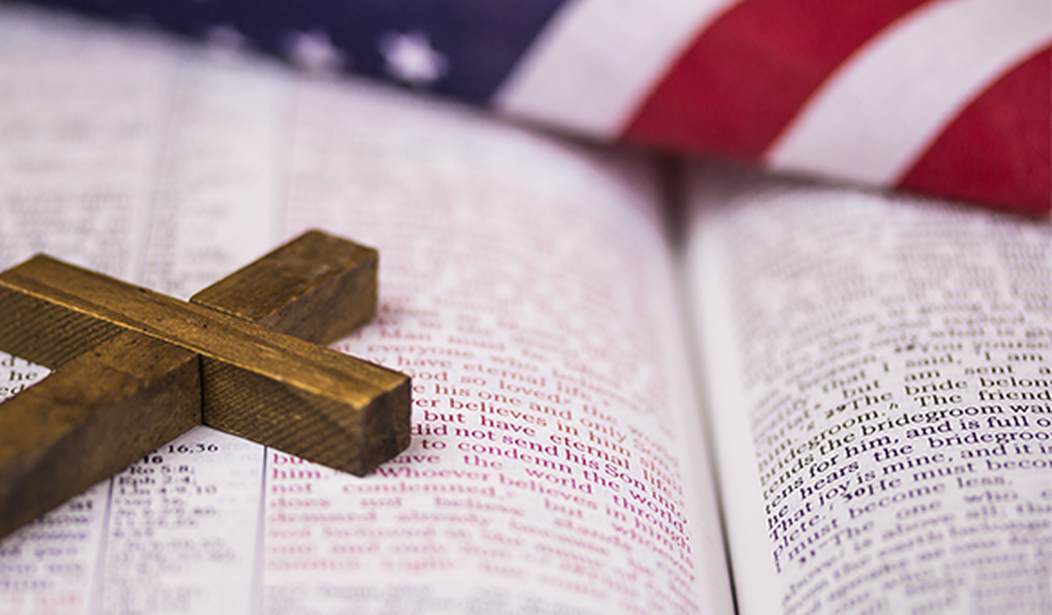The typical image of Easter is a pretty spring morning in the best matching pastel outfits mom could find, all while celebrating our Savior’s resurrection and hunting for eggs later that afternoon.
This year, everyone from all walks of life have been finding a new normal, one where the phrase “social distancing” defines every decision. In this new normal, churches have resorted to convening digitally. That means for the first time ever, Easter service for most families will take place on couches.
This is another heartbreaking result of COVID-19 as it continues to disseminate through the world at an unprecedented rate. This virus has infected millions and taken the lives of tens of thousands, altering our lives financially, socially, and every way you can imagine along the way.
This is hardly the first time we’ve seen disaster before though. In 2004, a tsunami in the Indian Ocean killed 250,000 people. In 2005, we encountered Hurricane Katrina. And who can forget 2010-2011? The earthquake in Haiti cost another 220,000 people their lives; the tsunami in Japan, nearly 16,000.
More recently, we’ve witnessed the devastation caused by Hurricane Harvey in 2017, the California wildfires of 2018, and a tornado in Nashville just weeks ago.
Pandemics and natural calamities rage on in our world, costing us billions of dollars, and more significantly, hundreds of thousands of innocent lives. These tragedies raise many questions about the nature of our security, about our fear of the uncontrollable, and especially about the character of God.
Recommended
When we look to the Bible, we’re taught that in every fine detail of the universe, God is sovereign. And he reigns in the nice moments and in those that aren’t so nice.
To illustrate this, a powerful story unfolds in the Book of Job, where despite a roller coaster of heartbreak, God redeemed the work by which Satan meant to destroy Job’s faith.
Even in Job’s life when he had taken everything from him—his family, property, possessions and health—Job still found the humility to repent, he took responsibility for his own misdeeds, and held firm to his faith. In Job 19:25 we read of his epiphany when he proclaims, “For I know that my Redeemer lives, and he shall stand at last on the earth.” After all the hardship and pain, the Lord blessed Job for this unshakable faith, restoring to him abundantly more than he had lost.
This and other stories throughout Scripture remind us that in our fallen world, disasters happen, and they happen to both evil and righteous people without distinction or explanation. It’s not up to us to label this one as misfortune or that one as God’s judgment, but simply—as Jesus often pointed out—to ponder the wickedness in our own hearts.
God uses disasters and tragedies to accomplish his perfect will in us and through us, and sometimes to bring us to himself in the first place. Here at Shadow Mountain, almost all who give testimony of faith at their baptism have one thing in common: They are led to the feet of Jesus through some form of hardship and tragedy. Often it is the loss of a loved one or a divorce or the loss of employment. It’s abundantly clear that in Biblical times and in the present day, God uses pain and sorrow and to get the attention of those he is pursuing.
In God’s unmatched wisdom and unrivaled power, evil events are used as tools to work for the good of those who love him. In fact, that’s the same story line during Holy Week as well. There’s no better illustration than the cross and the tomb.
From Palm Sunday, to the brutal crucifixion, to the miraculous resurrection—God demonstrates that though darkness may settle in for the night, even the grave can be conquered. When it seems evil has won the battle, God is always in the business of redemption and proving he can win the war.
Yes, Jesus was crucified on Friday. It was devastating for his followers who watched it unfold. But then came Sunday!
Even in our lives today when our future and our children’s future is uncertain, even when we don’t know if we can put food on the table or pay rent, God is in control. Through Jesus’ death on the cross of Calvary and his resurrection on that quiet Sunday morning, God had the final word.
In the midst of confusion and chaos, as we have found ourselves this Easter, just remember: Sunday is always coming.
Dr. David Jeremiah is among the best known Christian leaders in the world. He serves as senior pastor of Shadow Mountain Community Church in El Cajon, California and is the founder and host of Turning Point. Turning Point‘s 30-minute radio program is heard on more than 2,200 radio stations daily. A New York Times bestselling author and Gold Medallion winner, he has written more than fifty books.

























Join the conversation as a VIP Member